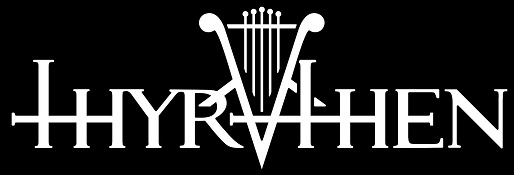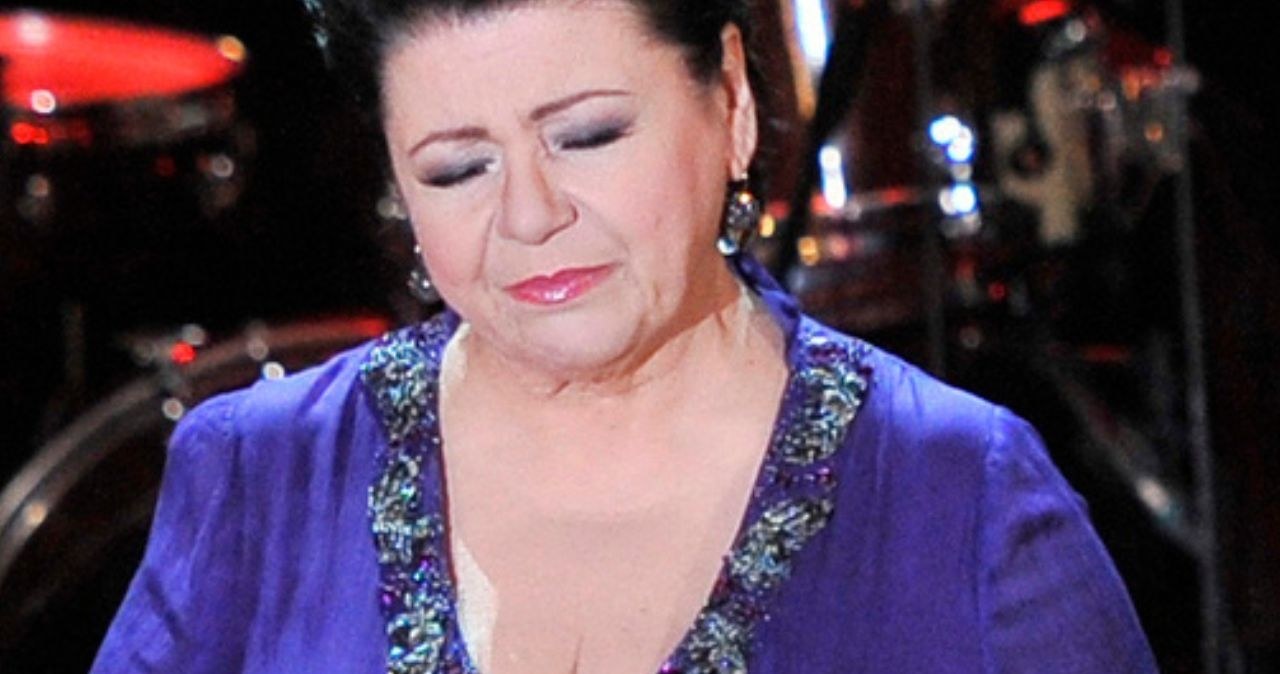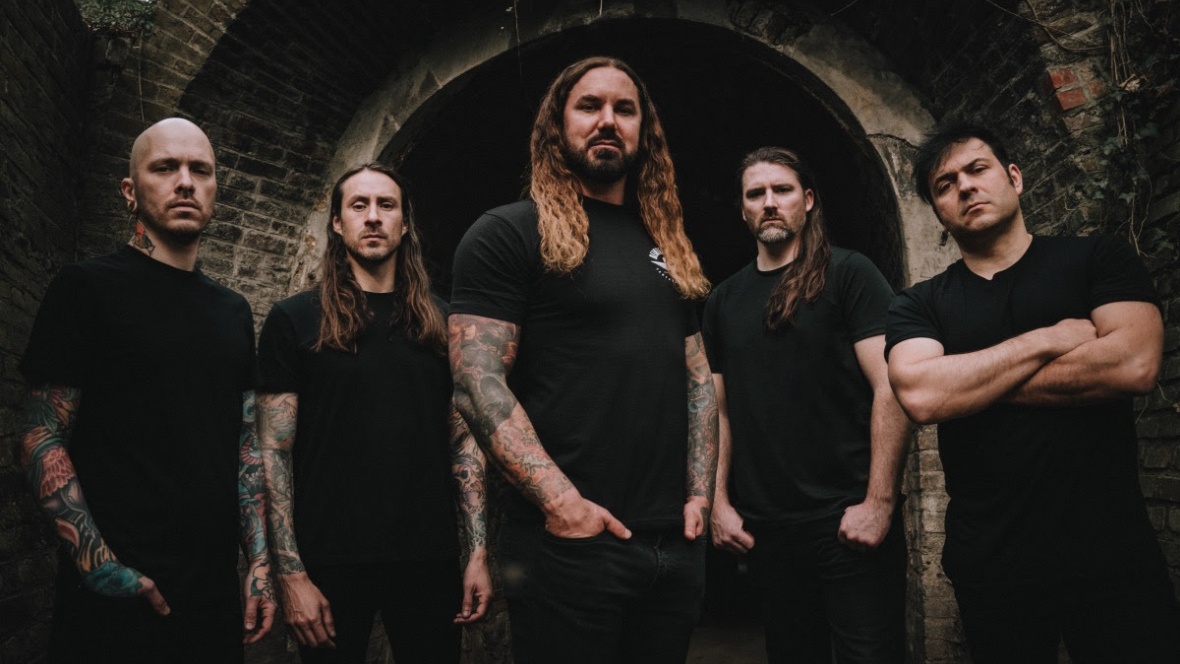Avatar: The Last Airbender and The Legend of Korra are not the same show. Fans — of both or just either — have long known this to be the case; almost immediately, Korra’s delightful, brash cockiness immediately offset her from Aang’s childish wisdom. Both shows immediately bring in villains who want to snuff out the Avatar erstwhile and for all, but they play them totally differently.
[Ed. note: We’re going to start talking spoilers for both Avatar shows, so only read on if you’re fine with that.]
Ultimately, The Legend of Korra opts to not set the planet on fire in the same way The Last Airbender did. Rather, Amon, the large bad of period 1 who wanted to end the Avatar line completely, gets revealed to be a fraud and dispatched at the end of the season. From there, Korra goes to bigger places, squaring off against antagonists who each bring something fresh to her sense of self, as the Avatar and a person.
The effort was an intentional 1 by series creators Bryan Konietzko and Michael Dante DiMartino, who saw the fresh villains as a way to always proceed to supply shades of grey to the planet of Avatar.
“The real planet has taught us that no substance how noble a origin is, there will always be individuals who will exploit it,” Konietzko told Polygon in 2020. “But as with all of our villains, we’re very curious in uncovering out who they are and how they ended up so out of balance.”
Still, the season-long villain arc is simply a totally different beast from the overarching large bad. So long as we’re here to discuss and debate the planet of Avatar, we may as well take a closer look at how the change in structure changed how we felt about the villains — so which show ended up with better antagonists?
Image: Nickelodeon Animation Studio
Zosha: I think, to kick us off, it’d be good to specify 2 things truly clearly: First, we know that “villainy” isn’t truly a consecutive condemnation in the planet of Avatar. Rather, it’s a place in the communicative that exists opposed to the Avatar, in any way. So erstwhile we usage that word here, we accept (as the first creators have said on this very site) that they be in any way “as people first, then as heroes or villains second.”
Second, it’d be good for us to kick off where we stand mostly on the state of villains in Avatar. For myself, I’m most drawn to Avatar: The Last Airbender’s singular focus. How about you guys?
Petrana: Ozai served a large intent in Avatar: The Last Airbender and unified the full overarching series, but personally, the villains in Korra absolutely fascinate me. I love how cause-and-effect they were — like, of course a non-bender supremacist would emergence out of a planet so disproportionately skewed toward benders for the past 60 years, and of course the neglected spirit planet would mean the emergence of a theocratic leader. It just makes sense with the world, and I think besides takes everything Avatar laid down and evolves it to the next, natural point.
Toussaint: I gotta agree with Petrana. I was a fan of Avatar: The Last Airbender and I think that Ozai is simply a fascinating character, but there aren’t many layers to him aside from his overwhelming ambition, rage, and jealousy of his brother Iroh. Legend of Korra has stronger villains overall, with my favourite of the 4 major antagonists being Zaheer. Up until the 3rd period of Korra, the series had villains whose motivations were yet revealed to be self-serving, but Zaheer is different. He’s not looking for power, he’s looking for change. He truly believes in what he’s doing, that he’s working to topple a corrupt position quo and bring a sense of order to the planet that the concept of the Avatar is fundamentally incompatible with. Like Petrana mentioned, there’s a origin and effect to his place in the larger universe of Avatar. due to Unalaq’s machinations and the Harmonic Convergence, Zaheer was able to escape from his prison and resume his run to kill the Avatar, and due to the demolition left in the wake of him killing the Earth Kingdom queen, Kuvira was able to fill that vacuum and grow to become an autocratic leader — the very thing he was trying to prevent in the first place! That’s what makes his character so compelling to me.
:no_upscale()/cdn.vox-cdn.com/uploads/chorus_asset/file/25295708/Screen_Shot_2024_02_20_at_09.46.13.png?resize=696%2C389&ssl=1)
Image: Nickelodeon Animation Studio
Zosha: I think these are large points; the way Avatar, as a universe, manages to build and widen its world, 1 challenge at a time. In so many ways, Korra feels so much stronger now than erstwhile I was watching along with it years ago. Its trick is in constantly leveling up our protagonist (and her pals) against bad guys, making that growth seem natural in so many ways — not least of which is utilizing the “book” format for seasons without repeating a single ethos.
But what interests me about Avatar’s villainy isn’t truly Ozai — as you guys say, he’s a one-note fascist who’s out to conquer the planet by virtually burning it to the ground. It’s Aang, and his circumstantial consequence to specified evil, that I find so compelling. Having a hero be a pacifist is tried and true, peculiarly erstwhile it comes to those tasked with saving the world. But having Aang’s full endgame pivot entirely around this, to the consternation and confusion of those around him, fascinates me! It’s a question I can get so bored of, but that fiction truly owes it to us to interrogate: What actually is the appropriate place of force in the face of an enemy who won’t hesitate to usage it against you? To me, that’s the real strength of Avatar’s villain arc, and what adds so much fuel to my fire over all these years.
Toussaint: That’s a large point, Zosha! erstwhile you frame it like that, the most compelling case for the villainy in Avatar is in how it forces Aang to face the conflict between his own beliefs and his obligations and duties as the Avatar while someway uncovering a way to reconcile them. By contrast, the villainy in Korra is implemented in specified a way that it forces Korra to question what it means to be the Avatar at all, and what it means to bring “balance” to the world. Does the planet inactive request an Avatar, and if so, what is the function of the Avatar in this increasingly changing world?
For me, I find the second question more fascinating, as it offers more ways to flesh out the world-building of Avatar and positions Korra as a character whose actions will specify what it means to be an Avatar in the modern era for generations to come.
Petrana: One thing I truly like about the villains in Korra is that they do all fundamentally challenge the way the planet works. Of course, the reason we are so intimately acquainted with how the planet works is due to the first show, and having that as a foundation helps us tackle deeper questions. Like Toussaint said, Aang has to reconcile his own beliefs — beliefs from a culture completely wiped out by his enemy — with what everyone believes his work should be. But everyone is mostly on his side, believing in the Avatar wholeheartedly. Meanwhile, due to the fact that the villains in Korra endanger the very structures of the world, there is that ever-present feeling that she might not even be needed anymore. I just think that’s specified a circumstantial subject to explore, and 1 that not quite a few American cartoons get to do.
:no_upscale()/cdn.vox-cdn.com/uploads/chorus_asset/file/25296094/Screen_Shot_2024_02_20_at_12.35.15.png?resize=696%2C390&ssl=1)
Image: Nickelodeon Animation Studio
:no_upscale()/cdn.vox-cdn.com/uploads/chorus_asset/file/25296097/Screen_Shot_2024_02_20_at_12.37.53.png?resize=696%2C519&ssl=1)
Image: Nickelodeon Animation Studio
I like Aang’s arc, and I like him sticking to his beliefs, despite what everyone tells him, due to the fact that in a way that’s how he lets the Air Nomads live on. But Korra’s arc, especially erstwhile it comes to the villains she faces, is just compelling to me in terms of the places it goes. Aang builds up more confidence, while Korra loses it and must figure out who she is in a planet that has possibly outgrown her. It’s a subversion of the more stereotypical hero’s journey.
Zosha: OK, mostly actual — not the Korra part; I think that’s all very apt!
But with respect to Aang: People are on his side to a point, and for Aang it’s a very frustrating point. In the final episode, Zuko is pushing Aang to admit that he needs to either kill Ozai or have a plan for dispatching him. Aang is at a failure for both of these. And while he finds any sympathetic ears among squad Avatar, yet no 1 truly can realize him. They see it as something he doesn’t want to do, not something he truly genuinely feels he can’t. He won’t even hit the Melon Lord with his staff!
I definitely agree with what you guys are saying on Korra, and how the arc of fighting evil pushes her (and the show) to fresh heights. I think for me, I almost visualize it as them moving likewise in different directions; Korra goes up, and Aang moves out (horizontally). It’s a truly deep burden to bear the weight of the world, and inactive feel like you gotta stand up for your convictions and your limitations. To your point, Toussaint, I think those ideas are ones that resonate with me more as time marches on and our planet seems more fucked and uncaring.
Toussaint: For me, what this conversation has truly helped to clarify is that — whether you’re a fan of the villainy in the first Avatar or the villainy in Legend of Korra — both force their respective protagonists to break from precedent and approach their function as the Avatar on their own terms. Aang doesn’t want to kill Fire Lord Ozai and is told by everyone — including his past incarnations — that he must. all antagonist Korra faces off against in 1 way or another challenges the notion of whether the Avatar has any place in the planet anymore. Both Aang and Korra respond on their terms, uncovering a way to emergence to the responsibilities of being the Avatar without betraying their sense of self.
Petrana: Yeah, I think Ozai on his own is meh. Ozai erstwhile utilized to challenge Aang? Wonderful.
That being said, that is inactive yet why the Korra villains are more interesting to me, due to the fact that in addition to how they challenge the position quo in the world, they are besides just more interesting as people.
The Fire Lord household as a full is deliciously toxic, and I like how Ozai’s relationships with Zuko, Azula, and Iroh form their characters. But Ozai on his own is simply a guy who wants to take over the world. Kuvira has a akin motive, but she’s way more interesting as a character, due to the fact that we get to see how that thought sparked, how she genuinely thought she was doing the right thing, and how that sense of righteousness can get warped under delusions of grandeur. All of the Korra villains have distinct personalities, which form their methods and motives uniquely.
Also — gotta give a shoutout to Zaheer’s gang and their customized high-security prisons, due to the fact that I just think they’re neat!
Toussaint: This might be a bit controversial, but I kind of find Zaheer’s character… inspiring? Like, I don’t agree with his ideology or his methods at all, but this man virtually went from being a non-bender imprisoned in an airbender prison to gaining the power to airbend through a fluke of destiny to yet becoming the second-ever airbender in history to unlock the power of flight. He’s not like Amon, who was concealing his power to bloodbend and utilizing populist rhetoric to further his own agenda. Zaheer manifested flight through the sheer power of his conviction and will — you can’t fake that! That’s why I find him specified a compelling and truly dangerous antagonist.
Zosha: Oh, Zaheer absolutely comes out of the Killmonger School of Villainy. [Ed. note: I know he came first. possibly the villain school rebrands with all fresh worthy villain; I don’t know, I didn’t go there.] He makes a compelling case! He makes sense! All he wants is what he sees as equality. I think this is the large double-edged sword of all of Korra’s villains: Contrasted with the obscene discrimination and offensiveness of the Fire Nation, all of Korra’s antagonists make good points, and it’s up to her to fish reason out of those pools of extremism for herself and the world. While I don’t think he makes as good a villain, 1 of the hardest things about Korra to me is how quite a few Amon’s complaints are valid, and tip at a justice the show can’t rather get to before it moves on to another things.
By contrast, I think quite a few the Avatar bad guys are different tastes of villainy on the way to Ozai’s Flavortown of Evil. There’s those that origin intentional harm and those that have unintended consequences of their actions. People like Hama, Azula, or Jet become “villains” due to the fact that they don’t know anything else to do with their own power and pain. I think Avatar has a truly rich tapestry of what makes people do bad things, even if on its face it’s easy to compose off as all in service of a conquering state.
:no_upscale()/cdn.vox-cdn.com/uploads/chorus_asset/file/25295702/Screen_Shot_2024_02_20_at_09.36.20.png?resize=696%2C504&ssl=1)
Image: Nickelodeon Animation Studio
:no_upscale()/cdn.vox-cdn.com/uploads/chorus_asset/file/25295697/Screen_Shot_2024_02_20_at_09.40.22.png?resize=696%2C520&ssl=1)
Image: Nickelodeon Animation Studio
:no_upscale()/cdn.vox-cdn.com/uploads/chorus_asset/file/25295674/Screen_Shot_2024_02_20_at_09.34.16.png?resize=696%2C393&ssl=1)
Image: Nickelodeon Animation Studio
In that way, I think Zaheer — along with Kuvira, who immediately follows him in an elegant contrast — make for truly large explorations of the same themes of quite a few Avatar and Aang’s journeys (and what I appreciate most about them): to compel order and peace, and to licence yourself to feel like you are the arbiter of what is and isn’t just harm.
Petrana: Per your point about Amon, I think unfortunately where Korra suffers is not having as much breathing area to truly dive into the consequences of these villains. And that besides speaks to the deficiency of smaller villains to aid truly flesh out the world. We get any tastes, like Bataar Jr., the Earth Queen, Hiroshi Sato, and even Varrick initially, but they’re mostly supporting, alternatively of having interesting reasons of their own.
I guess, in a way, that’s an inverse to what we see in Avatar, where the large bad is kinda standard, but all another insignificant villain is interesting. And considering Korra is in many ways both the natural sequel and fitting antithesis to ATLA, it makes so much sense.
Zosha: Absolutely! And I think it drives home so many interesting ideas that float between the planet of both shows where people are wielding the elements of nature: Like the natural world, things are seldom totally 1 thing, and frequently what seems like pure malice — your Ozais, your Amons, your Koh the Face Stealers — is frequently a consequence to something. Avatar, as a universe, is smart adequate to not request to make that consequence always perfect or reasonable. But it’s the consequence itself that makes the story, and that feels like the richest part of exploring the show. It’s actual for the villains, and it’s actual for our respective Avatars.
Avatar: The Last Airbender and Avatar: The Legend of Korra are both streaming on Netflix.

![IX Stąporkowski Konkurs Kolęd. Znamy zwycięzców. Zobaczcie fragmenty [wideo, zdjęcia]](https://tkn24.pl/wp-content/uploads/2025/01/IX-Staporkowski-Konkurs-Koled-2025-9.jpg)







![Niewinny SMS może kosztować cię fortunę. Nowa fala ataków w Polsce! [18.01.2025]](https://static.warszawawpigulce.pl/wp-content/uploads/2024/12/Smartfon-telefon-uwaga.webp)


![Szpital idzie jak burza. Rok zakończony sukcesem [ZDJĘCIA]](https://radio.lublin.pl/wp-content/uploads/2025/01/344287834_517994437036416_4930469311903390460_n-2025-01-17-192852.jpg)
![Miał w mieszkaniu 4 kg narkotyków [ Prawo i porządek ]](https://www.portel.pl/newsimg/duze/p1428/mial-w-mieszkaniu-4-kg-narkotykow-142803a.jpg)


